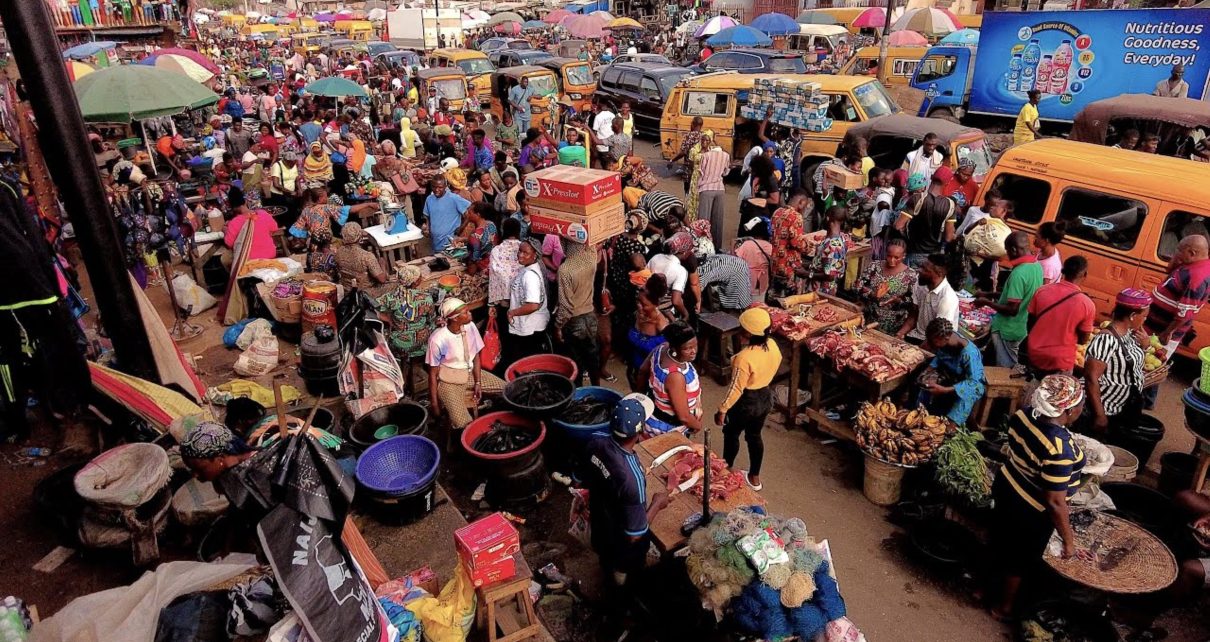By Nkanu Egbe
When Senator Babafemi Ojudu warned in a widely shared post that “Lagos is playing with fire”, he struck a raw nerve in Nigeria’s largest and most complex city. His essay, published on LinkedIn, raised concerns about ethnic politics in Lagos—particularly actions and rhetoric that may alienate or provoke segments of its diverse population.
He cited as examples the post-election tensions following President Tinubu’s loss of Lagos to Peter Obi in the 2023 presidential race and the controversial renaming of streets perceived to carry non-indigenous (Igbo) significance. Ojudu’s central message: Lagos must remain inclusive, and President Tinubu must act as a unifier, not a sectional figure.
The backlash was swift. From within his own party, the All Progressives Congress (APC) dismissed the warning as alarmist and divisive. From social media, came heated responses—some in support, many more accusing Ojudu of being a political opportunist out of touch with Lagos realities.
But beyond the firestorm lies a more serious question: Who owns Lagos? And who gets to decide its political future?
Lagos Has a History
To be clear, Lagos is not and has never been a “no man’s land.”
The city was a Yoruba settlement long before it became a Portuguese and British colony. Its indigenous roots in the Awori and Bini traditions are well documented. The land, culture, and early political structures were undeniably Yoruba. These facts matter, and dismissing them—particularly through careless statements like “Lagos is no man’s land”—is not only disrespectful, but unnecessarily provocative.
Such declarations, often made by fringe Igbo voices or misinformed commentators, do nothing to promote peace. Instead, they feed into ethnic tensions and embolden identity-based responses from those who feel insulted or displaced.
As with all great cities, the past must be acknowledged—not erased.
But Lagos Also Has a Future
And that future is plural.
While the indigenous character of Lagos must be respected, it cannot be used to gatekeep political participation. For decades, Lagos has been Nigeria’s most diverse city—a magnet for talent, trade, and dreams from across the country. Millions of residents who were not born in Lagos—Igbo, Hausa, Edo, Itsekiri, Tiv, Nupe—live, work, pay taxes, and vote here.
Under Nigeria’s Constitution, residency—not ethnicity—is what grants a citizen the right to vote or be voted for in any part of the country. That is the basis of our democracy.
To argue that political representation in Lagos should belong only to “sons of the soil” is to walk back decades of civic progress—and to invite the very fire Ojudu warns about.
Let the Ballot Speak, Not the Backlash
The solution is not to silence voices or suppress votes. Nor is it to erase cultural identity or rename Lagos into a generic space. What Lagos needs is democratic maturity.
The 2023 elections reflected the will of a changing, youthful, urban electorate. It was not an Igbo victory. It was a multi-ethnic statement of political preference. That outcome should not be punished with vengeance politics or symbolic erasures. It should be studied, understood, and engaged.
Lagos politics, like its population, is evolving. And that is not a threat—it is a democratic process. The right response is not ethnic backlash or inflammatory rhetoric. It is to campaign better, govern smarter, and persuade the people.
Closing Word
Lagos has a proud indigenous heritage, and no one should diminish that. But Lagos is also home to millions of Nigerians from other states, who contribute daily to its growth and soul. The claim that “Lagos is no man’s land” is as wrong as the idea that only certain names belong on its streets or ballots.
Both extremes are unhelpful.
Let history be respected. Let democracy do the talking. Let the people—all the people—decide.
That is how great cities work. That is how Lagos must lead.
Nkanu Egbe is Publisher of Lagos Metropolitan, a communications consultant, and media strategist. He writes on faith, politics, governance, and the city.


